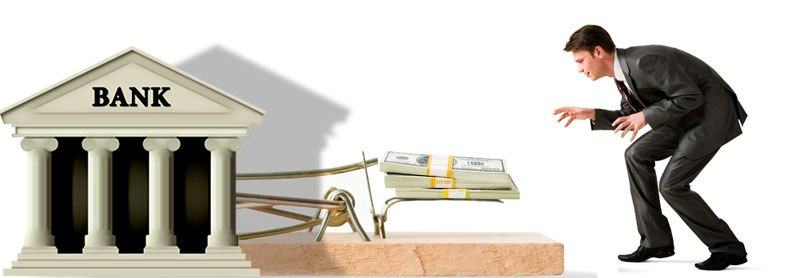What is a Return Item Chargeback?
What is This Unfamiliar Fee on My Bank Statement?
If you’re like most consumers, you might have a rough knowledge of your current checking account balance.
Gone are the days when people would sit down for hours on end to meticulously record bills and balance the checkbook; a casual scan of the bank statement for anything unusual is about as thorough as most people get now.
Therefore, it’s understandable how most individuals would overlook a ‘return item chargeback’ line on the monthly statement.
What is a Return Item Chargeback?
The average person has probably never heard of a chargeback, though the term will be very familiar to most online merchants.
A standard chargeback is a situation in which a bank forcibly withdraws money from a merchant’s account and refunds it to a cardholder who claims to have been defrauded. However, a return item chargeback, or credit reversal as they are also known, is very different.
In their Personal Banking Fee Schedule, Bank of America refers to a returned item chargeback fee thusly:
“Returned Item Chargeback Fee: We charge this fee each time a check or other item that we either cashed for you or accepted for deposit to your account is returned to us unpaid.”
“So,” you might be wondering, “does this mean that it’s a bounced check fee?”
In effect, yes it is. The fee ($12 for each domestic item, $15 for each foreign item, according to Bank of America’s website) is charged to account holders when a check they deposited is returned. This means whoever wrote you the check did not have enough money in their account to cover the amount of the check, and it was returned to the bank unpaid.
Why Am I Being Charged a Fee?
Bank of America stipulates that any fee they are charged for a ‘bounced check’ is passed on to the account holder that deposited the check. By checking your account statement carefully, you should notice that your account was debited for a check you had deposited, and the return item chargeback fee was assessed.
Here’s a quick example to illustrate the idea:
- Someone writes you a check for $100, which you deposit into your account.
- A few days later, the check bounces, because the writer of the check did not have $100 to cover that check.
- Because the check did not clear, the bank does not put the money from the check into your account.
- The bank then charges you a returned item chargeback fee for the hassle of processing the bad check.
A check is not actually money. It is more like a contract, which one person signs as a promise to pay money to the recipient. So, in the above example, not only do you not receive the $100 which the writer of the check promised you, the bank also charges you a fee for trying to collect payment from someone who could not fulfill their end of the contract.
Can You Help Me Get my Money Back?
At eConsumer Services®, we do not typically handle checking account discrepancies. We specialize in facilitating credit card refunds. In cases of return item chargebacks, we recommend that you contact your financial institution for more information and to seek out a resolution.
If, at some point you feel that you have been defrauded during a credit card purchase and need help seeing your money returned, please consider eConsumer Services®.



